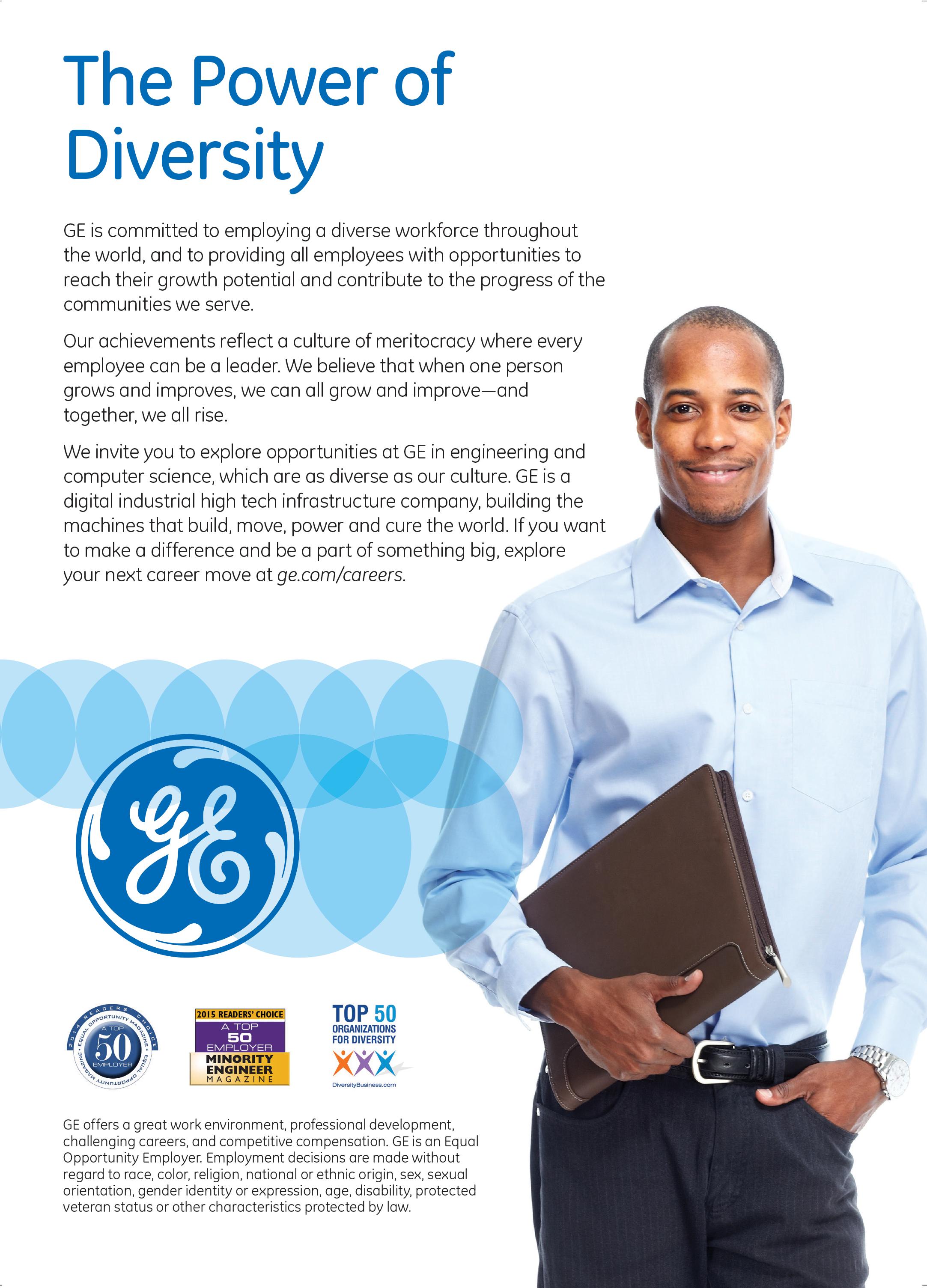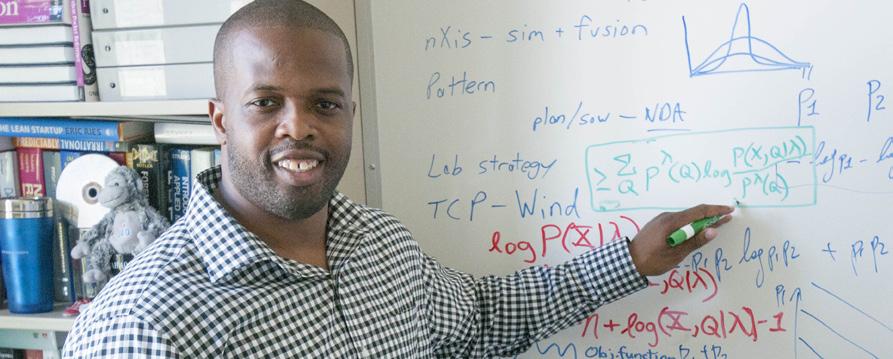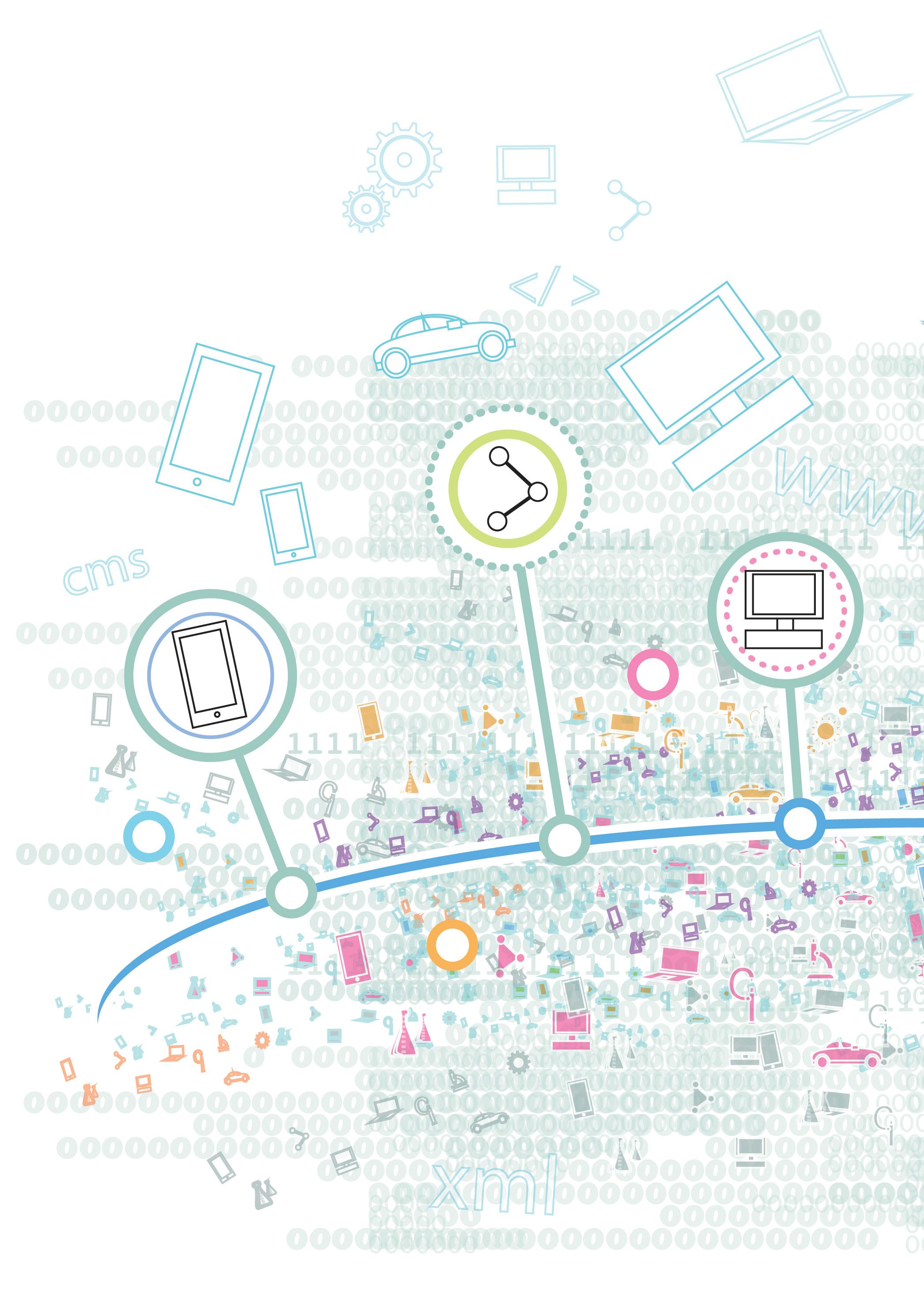
5 minute read
Industrial Internet at HBCUs
INDUSTRIAL INTERNET OF THINGS ON CAMPUS
by Lango Deen ldeen@ccgmag.com
There’s no question about it: Data is the new dollar. And colleges are gearing up their graduates for a networked world. Whether you are a private corporation or the Department of Defense, it is probable your manifestation of the Industrial Internet of things (IIoT) involves sensors, a system or machine, or groups of machines, software associated with each, and quite a bit of data, explains Robin N. Coger, dean of the College of Engineering at North Carolina A&T State University and a mechanical engineering professor.
Coger adds that the physical parts of the IIoT tend to be linked to the virtual parts via communication through a network.
“Hence, threaded throughout the possibilities of the IIoT is the simple fact that its accomplishments will persistently be tested by those who seek to compromise its networks,” she said. “Considering all of the elements of the IIoT, what single academic major has the necessary skills to proactively defend against such attacks, detect and counter compromises when they occur, and design new solutions to reduce vulnerability to future attacks?”
Within A&T’s College of Engineering, they have found that the cross-disciplinary approach works best. Researchers across several disciplines—computer science, computer engineering, industrial and systems engineering, electrical engineering, and others –team together.
“This is enabling our College’s researchers to extend what began as innovations in cyber-identity and evolutionary computing, to be extended to new frontiers critical to the reliability of the IIoT,” Coger said.
At Virginia State University, computer-manufacturing engineering, computer science, and other related programs
Illustration by Bryan Davis
are also helping students explore real-time communication between sensors and networks that connect the physical to the cyber world.
Integration is taking on several forms. “We are creating an Industry 4.0 lab, where students can study and research the application of Internet of Things (IoT) in manufacturing,” said Keith Williamson, dean of Engineering, Science and Technology and associate vice president for research and innovation.
“Our assembly system consists of multiple assembly robots, automated material handling systems, and a vision control quality assurance system all connected to an ERP system through embedded sensors and RFID.
Radio frequency identification (RFID) tags are intelligent bar codes that can talk to a networked system to track every product that you put in your shopping cart.
Enterprise resource planning (ERP) is business process management software that allows organizations to use a system of integrated applications to manage the business and automate back office functions related to technology, services and human resources.
Industry 4.0
VSU’s Industry 4.0 lab allows students to gain hands on experience in creating IoT networks and will also be used to
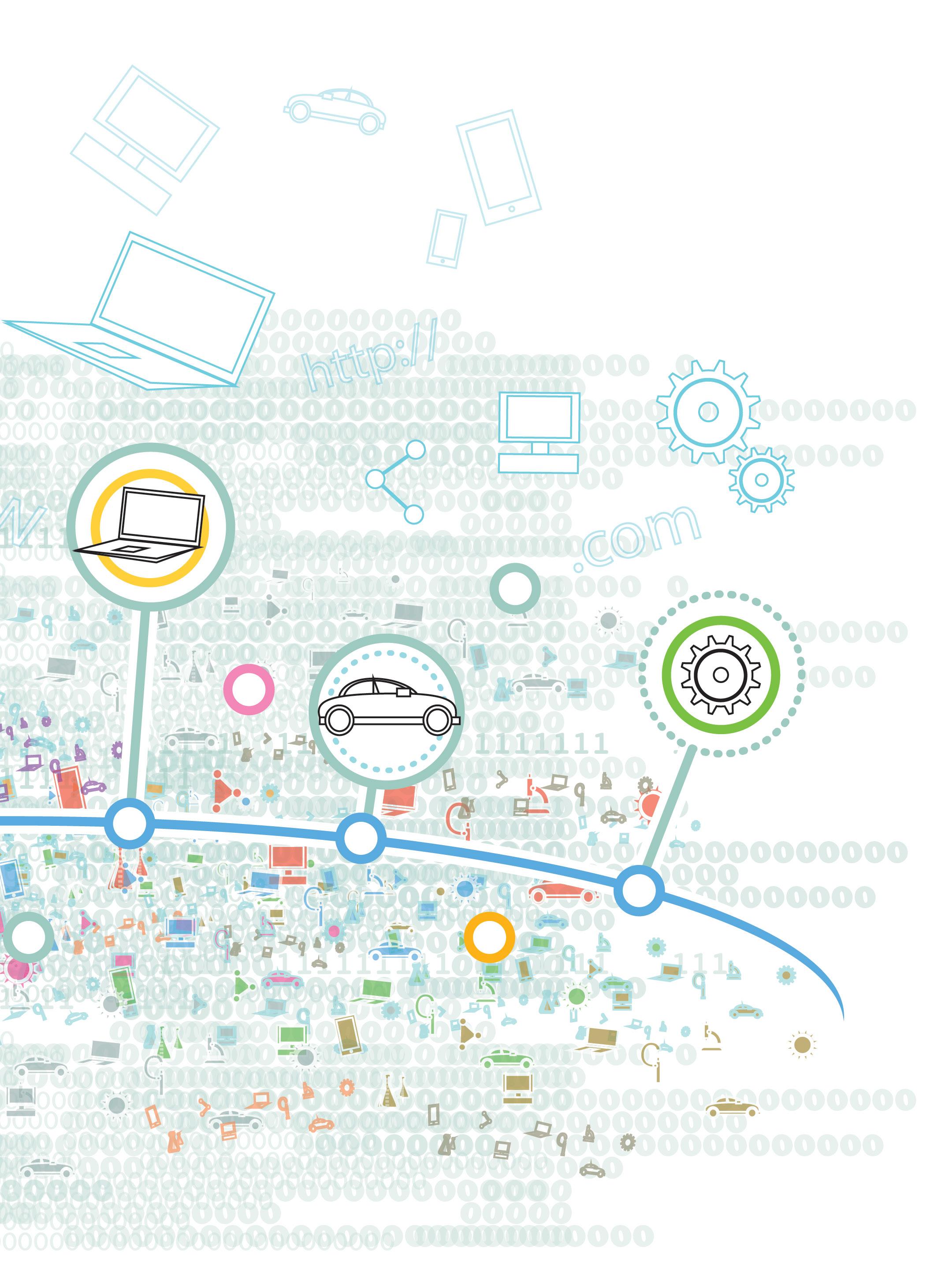
— Dr. Robin Coger Dean of the College of Engineering, Professor of Mechanical Engineering, North Carolina Agricultural and Technical State University
study condition-based maintenance based on predictive analytic models collecting data from the IoT network. Raymond Boykin, a research professor in Information Logistics Technology, and a System, Applications & Products in Data Processing (SAP) Fellow, is focused on enterprise resource planning (ERP) logistics information systems and supply chain risk.
“Our second initiative is closely related and involves IoT [Internet of Things] in the design and fabrication of our SAE Formula,” Boykin adds. “This application includes connected communications with the machines utilized in the manufacturing process and the connection of the PLM software (Siemens Team Center) with the ERP software,” he said, adding that there are plans to expand this into the race car monitoring system to track vehicle performance.
The third initiative involves bringing the economics baccalaureate and masters programs to the College of Engineering and Technology.
Given the nature of IoT ecosystems, VSU anticipates the need for dual programs that merge technology with economic theory.
“Specifically, we anticipate the need for new economic models specifically aimed at technology-related industries facing rapidly changing market challenges,” Williamson said.
Within the context of technology focused learning outcomes, the goals are to provide students with new concepts for value creation as IoT shifts economic models for capturing value. In this sense, VSU aims to establish a vision for entrepreneurship where value creation in traditional product mindset shifts from solving existing needs in a reactive manner to solving problems in real-time and in a predictive manner.
On February 1, 2016, Dr. Makola Abdullah became Virginia State University’s 14th President with a
pledge to transform the institution into “Virginia’s Opportunity University.” At 24, Abdullah became the youngest African American in Northwestern’s history to receive a Ph.D. in engineering.
“We are at the front and in the business of getting better,” Dr. Abdullah said.
“The integration of the Internet of Things into our courses is evidence that we are providing quality and innovation into our programs to provide our students with experiences that will give them meaningful opportunities in STEM related fields when they graduate,” he said. “We are excited to be a part of this innovative learning experience.”
The Higher Education Research and Development Survey shows Virginia State University (VSU) recently spent $8.37M on R&D. Compared to other research universities VSU spends an average amount of money on research. (Average: $8.17M)
Out of the total $8.37M R&D budget, Virginia State University invested $5.01M in Life Sciences (59.8% of the total fund). S
BEYA STEM CONF E RENCE SAVE THE DATE 2018 Don’t miss this important event!
FEBRUARY 8–10, 2018 Washington Marriott Wardman Park Hotel • Washington, DC www.beya.org
For more information, call us at 410-244-7101
WOC SAVE THE DATE OCTOBER 5–7, 2017 • DETROIT, MI

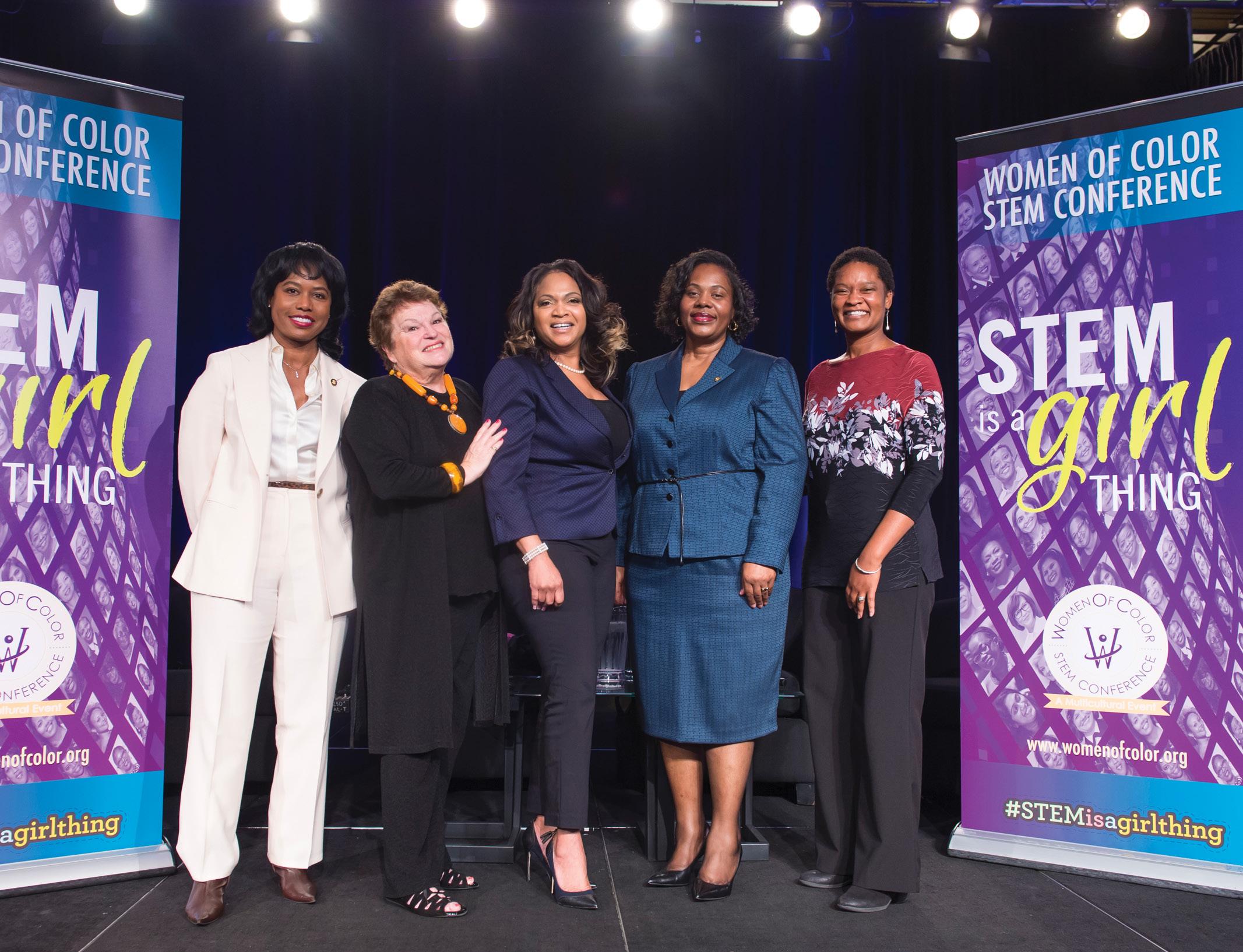
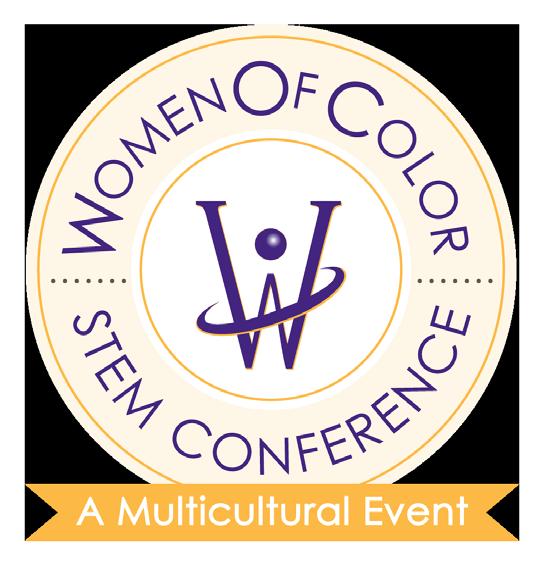
www.womenofcolor.net
Like us on Facebook: www.facebook.com/WOCITC Follow us on Twitter: twitter.com/#!/woctechnology
